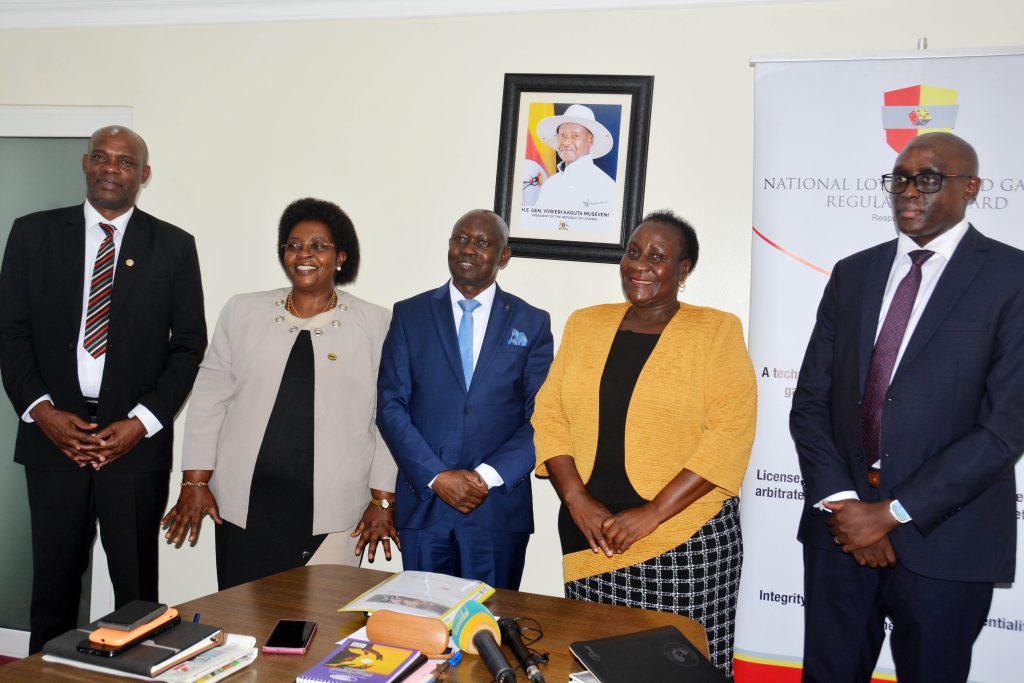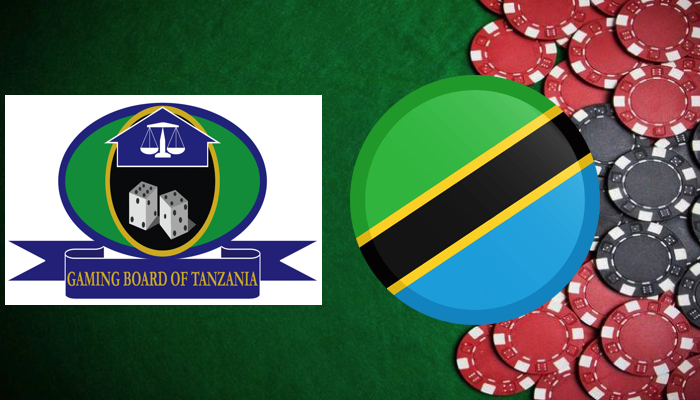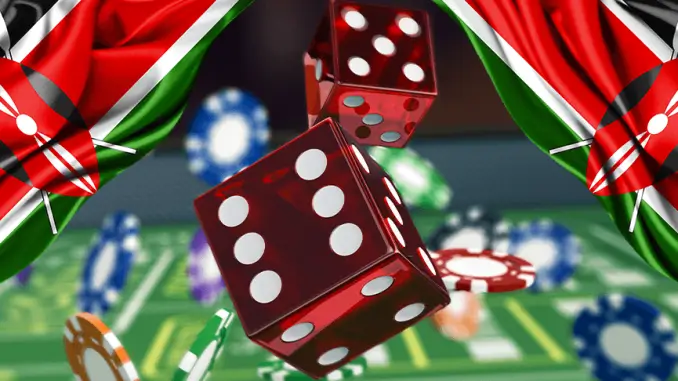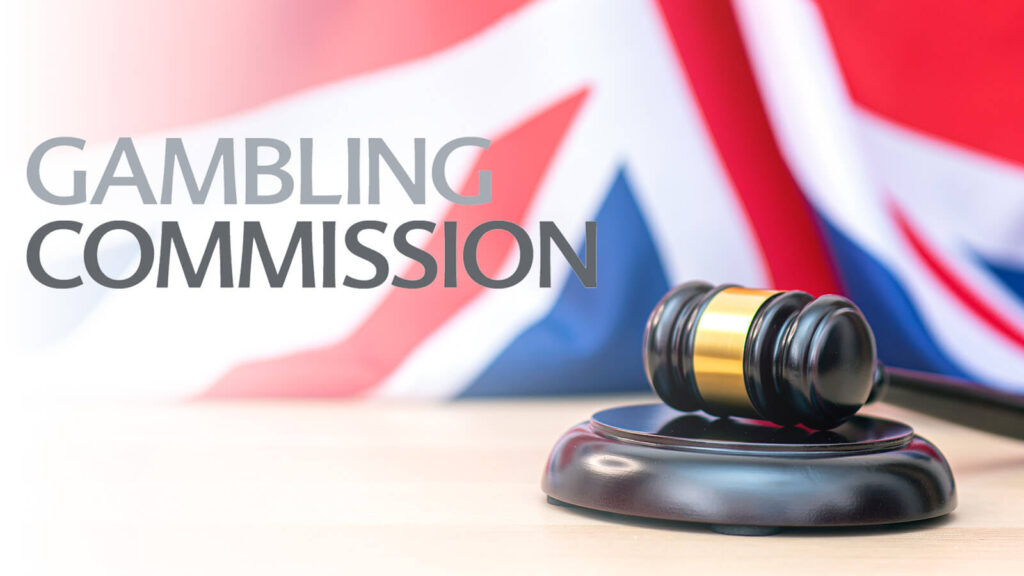
Live Casino in Africa: Unlocking the Benefits, Overcoming the Challenges
Live casino is a type of online casino that offers real-time gaming experiences to players. It allows players to participate in live games, such as blackjack, roulette, baccarat, and poker, through a live video feed, which is streamed from a physical casino or a studio. Players can place bets and interact with the dealers and other players in real-time, creating an immersive and social gaming experience.
Live casino has gained popularity globally, including in Africa, due to its convenience, flexibility, and realism. Here are some reasons why live casino can be beneficial for players in Africa:
1. Convenience: Live casino allows players to access their favorite games from anywhere, at any time, as long as they have a stable internet connection.
2. Authentic experience: Live casino provides an authentic gaming experience, similar to playing in a land-based casino. Players can interact with dealers, see the game unfold in real-time, and experience the excitement of a live casino environment.
3. Social interaction: Live casino allows players to interact with other players and dealers, creating a social and engaging experience. This is particularly important in Africa, where socializing and community are highly valued.
4. Security and fairness: Live casino games are typically regulated by reputable authorities, ensuring that they are fair and secure. This provides players with confidence and trust in the gaming experience.
5. Variety of games: Live casinos offer a wide range of games, including popular games like roulette and blackjack, as well as international games like baccarat and poker.
6. Promotions and bonuses: Live casinos often offer promotions and bonuses, which can enhance the gaming experience and provide players with more value for their money.
7. 24/7 availability: Live casinos are available 24/7, allowing players to play at a time that suits them.
However, it’s essential to note that live casinos also have some limitations and challenges, particularly in Africa. These include:
- Internet connectivity: A stable and fast internet connection is required to play live casino games, which can be a challenge in some African countries where internet infrastructure is limited.
- Language barriers: Live casino games may not be available in local languages, which can create a barrier for players who are not fluent in English or other widely spoken languages.
- Currency and payment issues: Players in Africa may face challenges when depositing and withdrawing funds, as not all payment methods are available or supported in their region.
- Regulation and licensing: The online gaming industry in Africa is not always well-regulated, which can lead to concerns about the legality and safety of live casino operations.
To address these challenges, live casino operators are working to improve their services, including:
1. Partnering with local operators: Live casino operators are partnering with local operators in Africa to offer games that cater to local preferences and languages.
2. Improving Internet infrastructure: Operators are investing in improving Internet infrastructure in Africa to ensure that players have a seamless gaming experience.
3. Offering localized payment options: Operators are offering localized payment options, such as mobile money and e-wallets, to make it easier for players to deposit and withdraw funds.
4. Obtaining local licenses: Operators are obtaining local licenses and complying with regulations to ensure that their operations are legal and safe.
In conclusion, live casinos present a compelling option for African players, offering a unique blend of convenience, authenticity, and social interaction.
To ensure a seamless gaming experience, players need to conduct thorough research, select a reputable provider such as Creed Roomz or SA Gaming, and maintain a stable internet connection and suitable payment options.
If you require guidance on finding the right operator or provider or are interested in launching Live Casino operations and need expert advice, please do not hesitate to contact us at info@geniusgamingconsult.com. Our team is dedicated to providing support and expertise to ensure your success in the gaming industry.
Author: Nasif K Balinda








